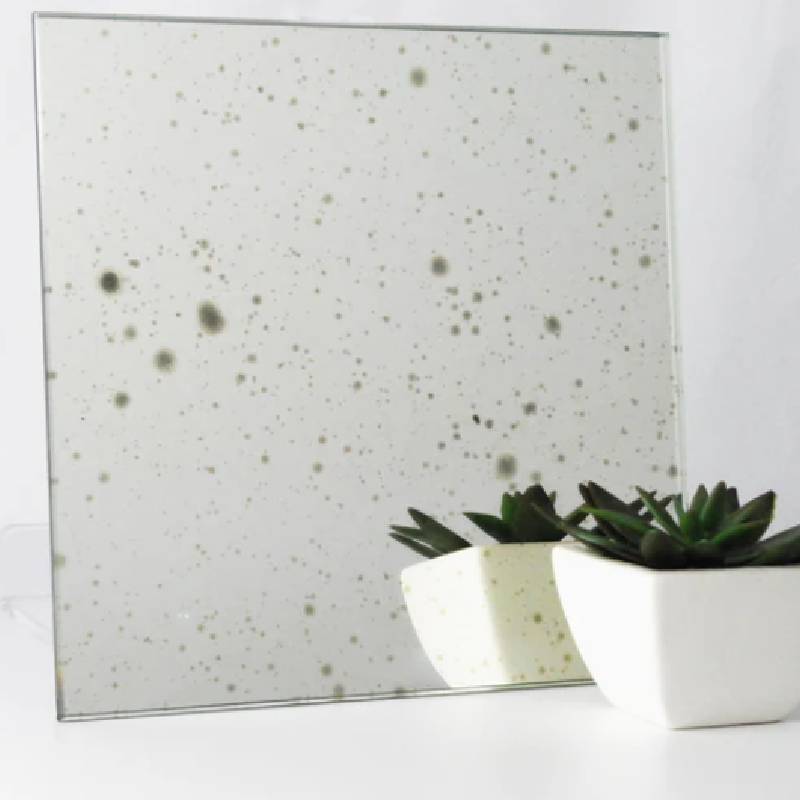An Overview of Float Glass Manufacturers
Float glass, known for its clarity and uniform thickness, is a crucial component in construction, automotive, and various other industries. The manufacturing process involves floating molten glass on molten tin, creating a smooth, flat surface essential for many applications. In this article, we will explore the key players in the float glass industry, their production techniques, and the various applications of float glass.
Leading Manufacturers in the Float Glass Industry
The float glass market is dominated by a few major manufacturers that are recognized for their innovation and production capacity. Companies such as Saint-Gobain, Guardian Industries, and NSG Group are some of the largest producers worldwide. These manufacturers have invested heavily in advanced technologies to improve production efficiency and reduce environmental impact.
Saint-Gobain, based in France, is noted for its wide range of glass products, including float glass. The company emphasizes sustainability and energy efficiency in its manufacturing processes. Guardian Industries, an American firm, is renowned for producing high-quality float glass used in various applications, from construction to automotive. Meanwhile, NSG Group, headquartered in Japan, offers an extensive selection of glass solutions and has a strong commitment to research and development.
Production Techniques
The float glass manufacturing process is a cornerstone of the industry. It begins with the melting of raw materials, including silica sand, soda ash, and limestone, in a furnace at high temperatures. Once melted, the glass is poured onto a bath of molten tin, allowing it to naturally level and form a flat surface. This unique manufacturing method results in glass that is smooth, uniform, and blemish-free.
float glass manufacturers
Quality control is paramount throughout the production process. Manufacturers employ sophisticated measuring instruments and optical checks to monitor thickness and surface quality. Additionally, advancements in digital technology have enabled real-time monitoring, ensuring that any defects can be promptly addressed.
Applications of Float Glass
Float glass finds extensive use in both residential and commercial applications. Its transparency and aesthetics make it a popular choice for windows, facades, and doors. In the automotive sector, float glass is utilized in windshields and windows due to its durability and clarity. Moreover, float glass is essential in the production of mirrors, glass doors, and even decorative items.
In recent years, the demand for energy-efficient buildings has led to a rise in the use of low-emissivity (low-E) float glass. This type of glass helps to reduce energy consumption by reflecting heat back into buildings during winter and keeping it out during summer.
Conclusion
The float glass manufacturing industry is vital to modern infrastructure and design. With leading manufacturers like Saint-Gobain, Guardian Industries, and NSG Group at the forefront, the sector continues to innovate in production processes and environmentally sustainable practices. As the demand for advanced glass products grows, these manufacturers are well-positioned to meet the challenges of a dynamic market. Float glass remains an essential material that combines functionality with aesthetic appeal, making it a cornerstone in various industries.
 Afrikaans
Afrikaans  Albanian
Albanian  Amharic
Amharic  Arabic
Arabic  Armenian
Armenian  Azerbaijani
Azerbaijani  Basque
Basque  Belarusian
Belarusian  Bengali
Bengali  Bosnian
Bosnian  Bulgarian
Bulgarian  Catalan
Catalan  Cebuano
Cebuano  Corsican
Corsican  Croatian
Croatian  Czech
Czech  Danish
Danish  Dutch
Dutch  English
English  Esperanto
Esperanto  Estonian
Estonian  Finnish
Finnish  French
French  Frisian
Frisian  Galician
Galician  Georgian
Georgian  German
German  Greek
Greek  Gujarati
Gujarati  Haitian Creole
Haitian Creole  hausa
hausa  hawaiian
hawaiian  Hebrew
Hebrew  Hindi
Hindi  Miao
Miao  Hungarian
Hungarian  Icelandic
Icelandic  igbo
igbo  Indonesian
Indonesian  irish
irish  Italian
Italian  Japanese
Japanese  Javanese
Javanese  Kannada
Kannada  kazakh
kazakh  Khmer
Khmer  Rwandese
Rwandese  Korean
Korean  Kurdish
Kurdish  Kyrgyz
Kyrgyz  Lao
Lao  Latin
Latin  Latvian
Latvian  Lithuanian
Lithuanian  Luxembourgish
Luxembourgish  Macedonian
Macedonian  Malgashi
Malgashi  Malay
Malay  Malayalam
Malayalam  Maltese
Maltese  Maori
Maori  Marathi
Marathi  Mongolian
Mongolian  Myanmar
Myanmar  Nepali
Nepali  Norwegian
Norwegian  Norwegian
Norwegian  Occitan
Occitan  Pashto
Pashto  Persian
Persian  Polish
Polish  Portuguese
Portuguese  Punjabi
Punjabi  Romanian
Romanian  Russian
Russian  Samoan
Samoan  Scottish Gaelic
Scottish Gaelic  Serbian
Serbian  Sesotho
Sesotho  Shona
Shona  Sindhi
Sindhi  Sinhala
Sinhala  Slovak
Slovak  Slovenian
Slovenian  Somali
Somali  Spanish
Spanish  Sundanese
Sundanese  Swahili
Swahili  Swedish
Swedish  Tagalog
Tagalog  Tajik
Tajik  Tamil
Tamil  Tatar
Tatar  Telugu
Telugu  Thai
Thai  Turkish
Turkish  Turkmen
Turkmen  Ukrainian
Ukrainian  Urdu
Urdu  Uighur
Uighur  Uzbek
Uzbek  Vietnamese
Vietnamese  Welsh
Welsh  Bantu
Bantu  Yiddish
Yiddish  Yoruba
Yoruba  Zulu
Zulu 

